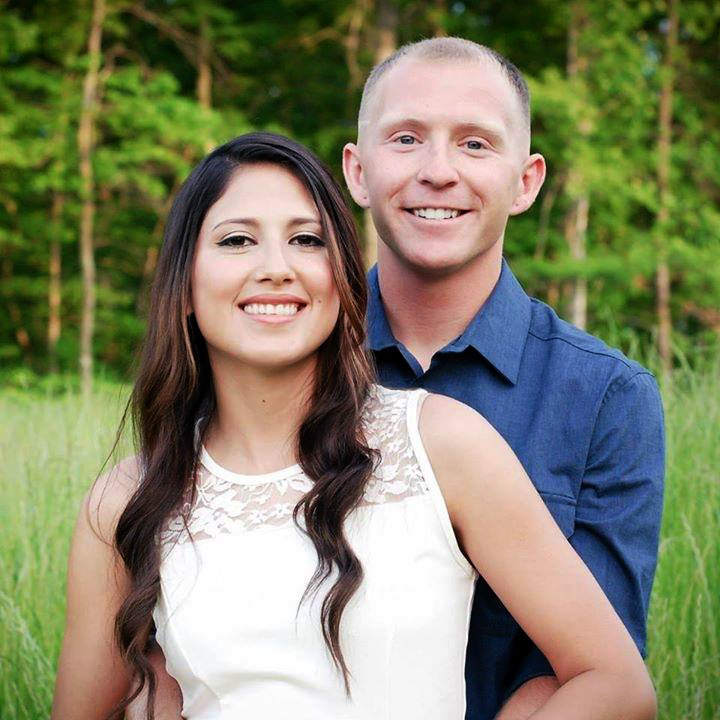Ryan Nelson: Tribute to Marine who dedicated his life to others

By Ryan Nelson
Feb. 2, 2014 11:52 p.m.
The first thing people ask me about my cousin Jacob when I mention his death is “were you guys close?”
The honest answer is no.
His tattoo remains my clearest memory of him.
We were teenagers when he showed it to me. It was a towering blue wave, representative of the time he spent growing up on a military base in Okinawa, Japan. I was awestruck, not just by the ink, but by his demeanor.
His childhood on the base came through in the way he spoke, efficient and direct, but also soft. All these years later, I can still recall the conversation.
Sgt. Jacob Hess died on New Year’s Day, the first American fatality in Afghanistan in 2014. A few days later, his congresswoman, Cathy McMorris Rodgers (R-Wash.), honored him on the floor of the House. A few weeks after that, she prayed for him again, this time on her nationally televised rebuttal to the president’s State of the Union address.
He was married to a fellow Marine and chose to go back to Afghanistan when her unit deployed.Jacob was very, very good at his job; in three years, he was promoted to sergeant (which put him years ahead of most of his colleagues).
When not on active duty, he was also a blood, platelet and marrow donor. Before his deployment, Jacob had given his marrow to a mother with aggressive leukemia. After his death, I received an email that had been passed through the family.
It was a message from the receiver’s father; she’d gone into full remission, thanks to the donation.
All of this – and he was only 22 when he died, roughly the same age I’ll be when I graduate in two years.
I didn’t know any of this at dinner on New Year’s, when we received the call from my uncle.
It was probably the first time I had heard of or thought of Jacob in at least a year.Yet since that day, I haven’t been able to shake him, or that tattoo, from my mind.
A part of me was guilty. He was my closest relative in age, even though I hardly knew him.Some of that was due to distance, but we weren’t even friends on Facebook.
I was angry, too. I would spout off when asked about it, exclaiming that a person who had dedicated his life to the service of others deserved better than to die in a desert, thousands of miles away from home thanks to the idiocy of a group of politicians who seem more interested in memorializing death as opposed to preventing it.
Mostly though, I was proud – proud that someone who shared my bloodline had done so much, so humbly, for so many people.
Jacob might have been the last person I expected to affect me in the way that he had. His death forced me to re-evaluate how I viewed things such as legacy and service. It cemented the idea in my head that no life given for a higher cause is a lost one.
I also opened up to a depth of feeling I wasn’t even sure I had. I haven’t experienced the death of many friends or family and was shocked at its potency. For someone who tends to close himself off, the bouts of intense anger or grief I felt were a foreign and scary occurrence.
All of this from a person whom I hadn’t even known that well.
Jacob was exceptional, but he was not an exception. There are thousands of people doing good things in this world, many of whom are on this campus, and are building the foundation for a better world.
This university of more than 40,000 students can feel isolating at times. We go through our day surrounded by people to whom we’re no more than a passerby.Yet, as I’ve come to learn, the most unexpected of these people can be the ones who end up impacting you the most.

